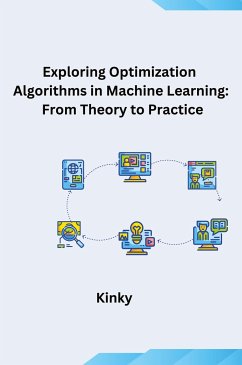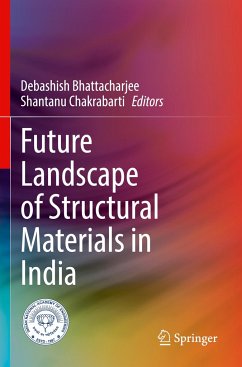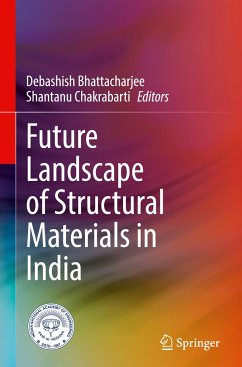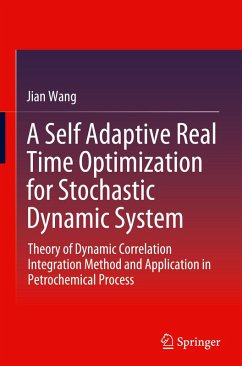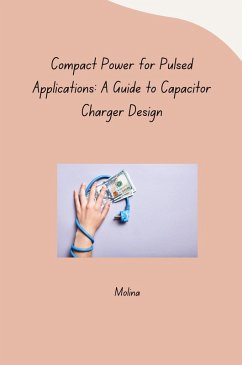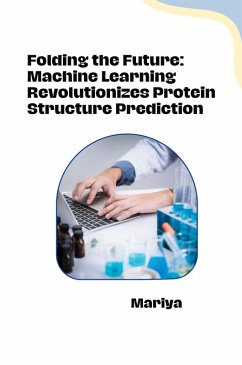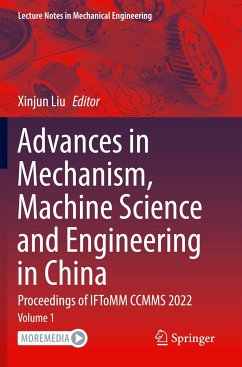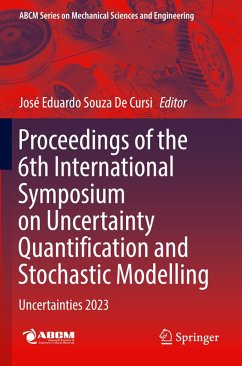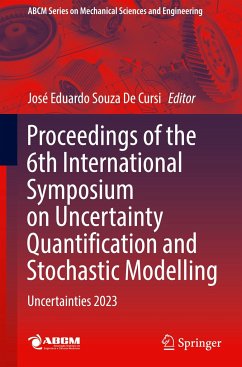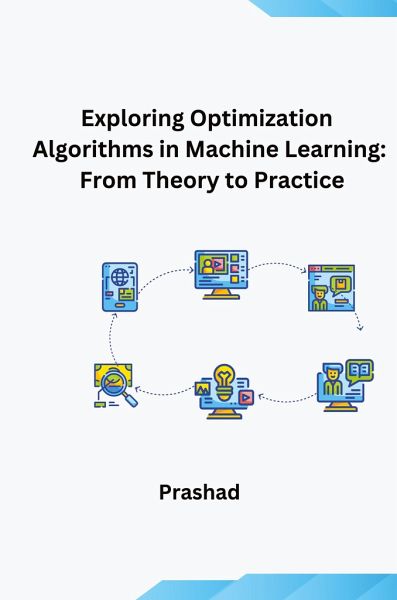
Optimization Algorithms for Machine Learning: Theory and Practice
Versandkostenfrei!
Versandfertig in 6-10 Tagen
31,23 €
inkl. MwSt.

PAYBACK Punkte
0 °P sammeln!
In the realm of machine learning, optimization algorithms play a pivotal role in refining models for optimal performance. These algorithms, ranging from classic gradient descent to advanced techniques like stochastic gradient descent (SGD), Adam, and RMSprop, are fundamental in minimizing the error function and enhancing model accuracy. Each algorithm offers unique advantages: SGD efficiently handles large datasets by updating parameters iteratively, while Adam adapts learning rates dynamically based on gradient variance.Theoretical understanding of optimization algorithms involves comprehendi...
In the realm of machine learning, optimization algorithms play a pivotal role in refining models for optimal performance. These algorithms, ranging from classic gradient descent to advanced techniques like stochastic gradient descent (SGD), Adam, and RMSprop, are fundamental in minimizing the error function and enhancing model accuracy. Each algorithm offers unique advantages: SGD efficiently handles large datasets by updating parameters iteratively, while Adam adapts learning rates dynamically based on gradient variance.Theoretical understanding of optimization algorithms involves comprehending concepts like convexity, convergence criteria, and the impact of learning rate adjustments. Practically, implementing these algorithms requires tuning hyperparameters and balancing computational efficiency with model effectiveness. Moreover, recent advancements such as meta-heuristic algorithms (e.g., genetic algorithms) expand optimization capabilities for complex, non-convex problems.Mastering optimization algorithms equips practitioners with the tools to improve model robustness and scalability across diverse applications, ensuring machine learning systems perform optimally in real-world scenarios.





